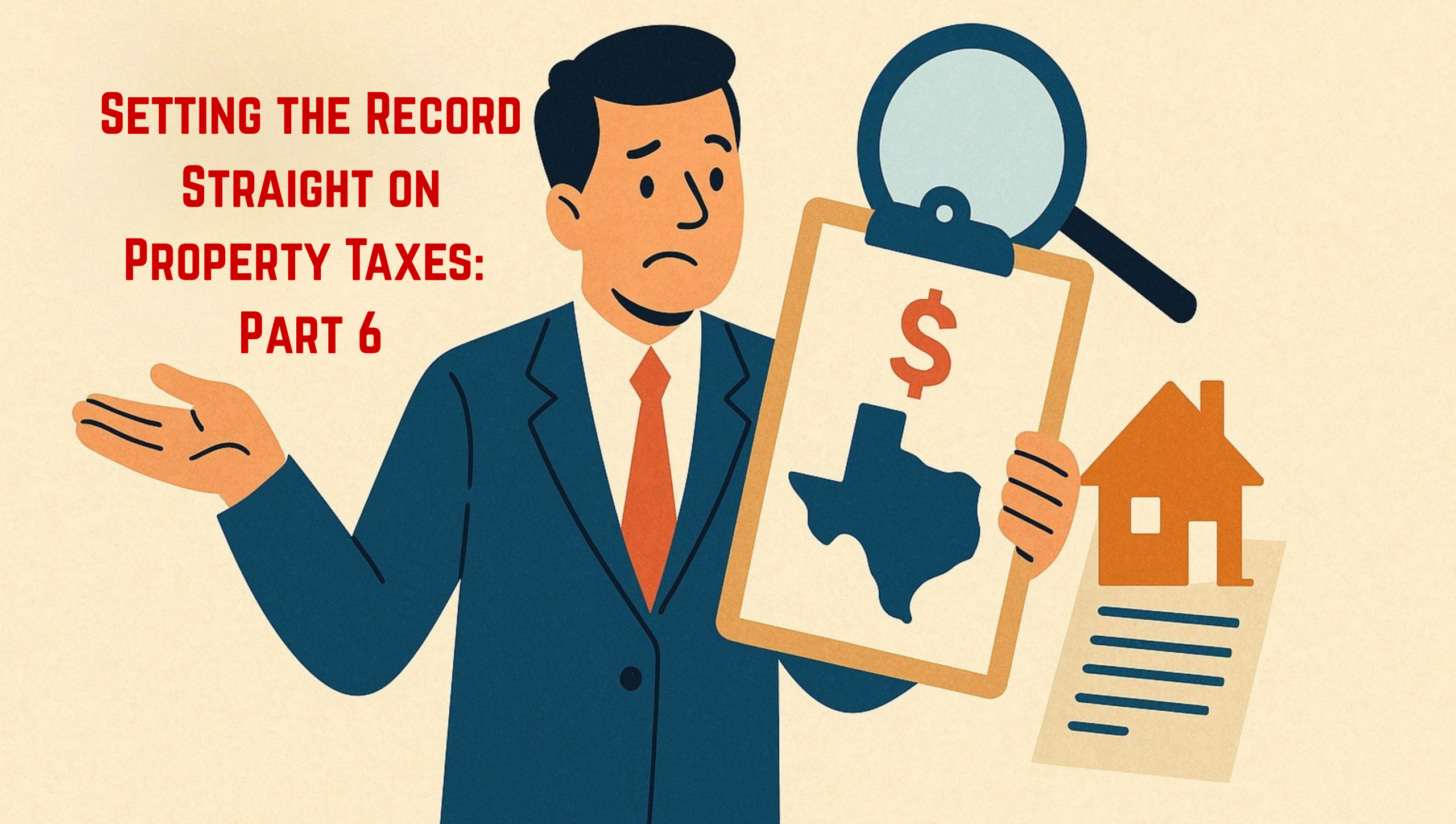Those who choose to participate in their respective party convention processes as delegates will have the ability to help craft their party’s platforms among other responsibilities.
That process begins at the precinct level with suggestions on changes to the existing platform which normally take the form of general policy statements in support or opposition of each issue. Those statements are deliberated and eventually collated into a larger document called a platform with the intent that it, in turn, be used to influence elected officials up and down the ballot and give those who identify with the partisan brand a set of issues to organize around.
What Are Resolutions?
Though not required, those policy statements often take the form of what are known as resolutions. There is a preferred form of a resolution to aid in ensuring that those considering the policy statement correctly understand both its implications and the sentiment behind it.
Generally, resolutions follow the form of including “Whereas” clauses and “Resolved” clauses.
“Whereas” clauses are used to explain and justify the overall resolution. “Resolved” clauses are used to describe the action to be taken by those it is trying to influence.
Resolutions You Can Use
TFR urges taxpayers to not become disinterested after the primary election season but instead to become even more actively engaged by getting involved in their respective party convention processes, becoming a delegate, and advocating for fiscally responsible policy issues like eliminating the property tax, banning taxpayer-funded lobbying, and restraining government spending.
As such, here are resolutions you can propose to those ends:
- Resolution in support of a ‘No-Growth’ Budget
- Resolution in support of a Ban on Taxpayer-Funded Lobbying
- Resolution in support of Eliminating the Property Tax
The Series
Part One: The Work Continues After Primary Elections
Part Two: It All Begins at the Precinct Level
Part Three: Building Blocks of the Platform




